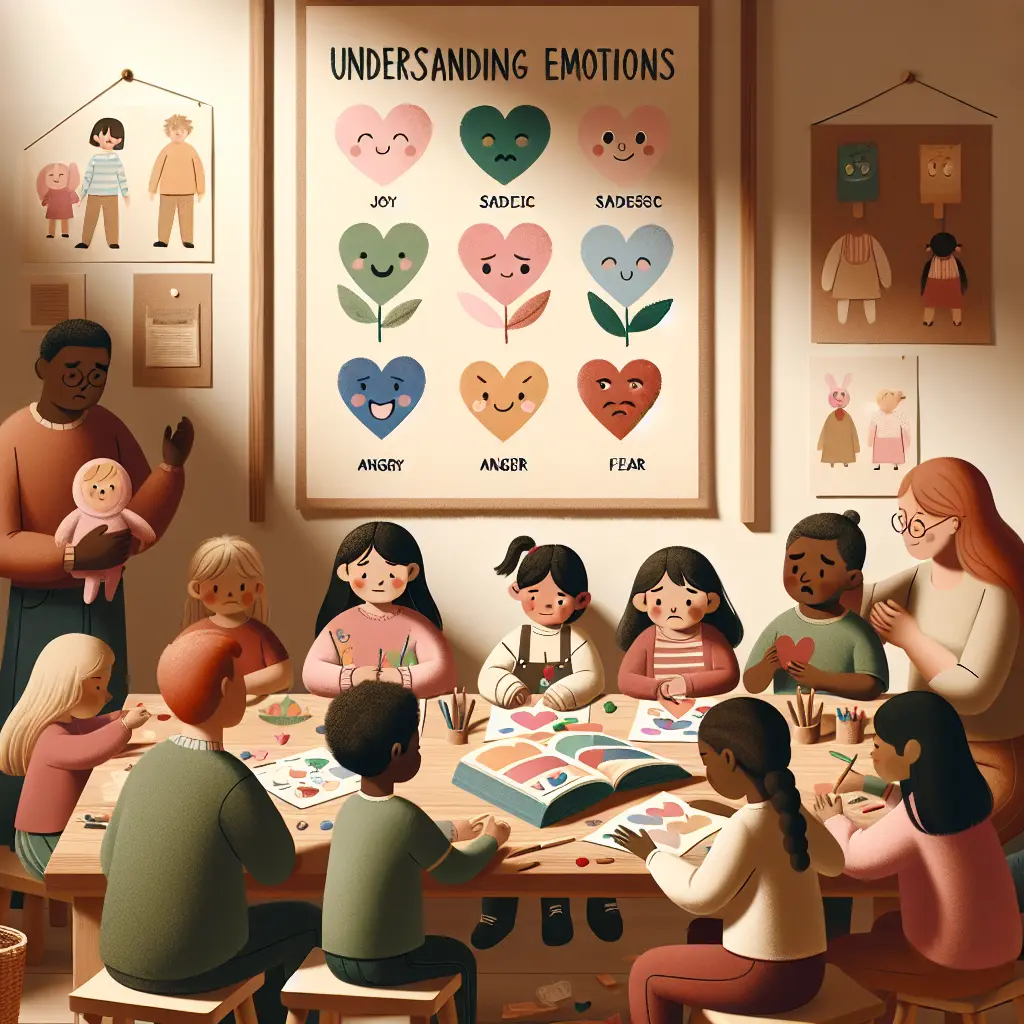
Understanding the emotional needs of foster children is a complex and nuanced task, yet it is vital for anyone involved in foster care. Foster children often come from backgrounds of trauma, loss, and instability, which can deeply impact their mental and emotional health. Addressing these needs through trauma-informed care, consistent emotional support, and fostering emotional development is essential to help these children thrive.
Emotional Needs of Foster Children
Foster children face unique challenges that can affect their emotional well-being. The transient nature of foster care can lead to attachment issues, as children may struggle to form stable, trusting relationships after experiencing multiple placements or separations from their biological families. Understanding foster children involves recognizing these attachment issues and providing a secure environment where they can learn to trust and connect with others.
Trauma-Informed Care for Foster Children
Trauma-informed care is an approach that acknowledges the widespread impact of trauma and understands potential paths for recovery. It recognizes the signs and symptoms of trauma in children, integrates this knowledge into practices, and seeks to avoid re-traumatization. This approach is crucial in foster care settings as many foster children have experienced traumatic events such as abuse, neglect, or witnessing violence. Trauma-informed care helps in addressing the root causes of behavior and emotional distress in foster children, thereby supporting their healing process.
Emotional Support for Foster Children
Providing consistent emotional support is another pillar crucial to the well-being of foster children. Emotional support involves active listening, affirming the child’s feelings, and being physically present. It helps foster children feel valued and understood, which can significantly boost their self-esteem and overall mental health. Support groups and therapy can also play essential roles, offering a space for foster children to express themselves and learn coping strategies.
Mental Health Support for Foster Children
Mental health support is integral to ensuring the emotional well-being of foster children. This can include access to mental health professionals like psychologists or therapists who specialize in child and adolescent mental health. These professionals can offer guidance tailored to the child’s specific experiences and needs, helping them work through issues such as grief, anxiety, and depression.
Fostering Emotional Development
Fostering emotional development involves helping foster children develop skills to manage their emotions effectively. This can include teaching them about emotion recognition, regulation techniques, and appropriate ways to express feelings. Activities that promote emotional intelligence, such as role-playing or arts-based therapies, can be particularly beneficial.
Challenges in Foster Care
Navigating foster care challenges is crucial for those involved in foster child care. These challenges can range from bureaucratic hurdles within the foster care system to dealing with behavioral issues stemming from past trauma. Understanding these challenges and preparing to manage them can make a significant difference in the life of a foster child.
Recent developments across various domains indirectly touch on aspects relevant to foster care, though not directly related. For instance, events like the Glamowell Extravaganza in Pune emphasize the importance of work-life balance and inner energy, concepts that can be beneficial for foster caregivers who need resilience in their demanding roles. Similarly, understanding complex geopolitical situations like the Ethiopia-Somaliland MoU or the dynamics around Harry and Meghan’s tour can enrich caregivers' perspectives on handling complex situations sensitively — a skill crucial in managing the intricate dynamics of foster care.
Moreover, expansions in opportunities such as those seen with Abu Dhabi’s freelancer licence can provide avenues for older foster children to explore self-employment in a supportive environment. Discussions around liberty and rights, as highlighted by CJI Chandrachud’s reminder about the preciousness of liberty, are also pertinent in advocating for the rights and freedoms of foster children.
For those interested in exploring more about providing effective support to foster children, resources such as The National Child Traumatic Stress Network (NCTSN) offer extensive information on trauma-informed care. Similarly, websites like Child Welfare Information Gateway provide valuable insights into various aspects of foster care including emotional support strategies.
In conclusion, understanding and addressing the emotional needs of foster children is a multi-faceted endeavor that requires compassion, patience, and informed strategies. By adopting trauma-informed practices, providing consistent emotional support, and fostering their emotional development, caregivers can significantly impact the lives of these children. The journey isn’t simple, but it’s undoubtedly rewarding as each step taken can lead to transformative changes in the lives of foster children.
Thank you for joining me in this exploration into the lives of some of our most vulnerable yet resilient members of society. May we all continue to learn, support, and advocate for their journeys towards healing and happiness.
Maxwell Foster